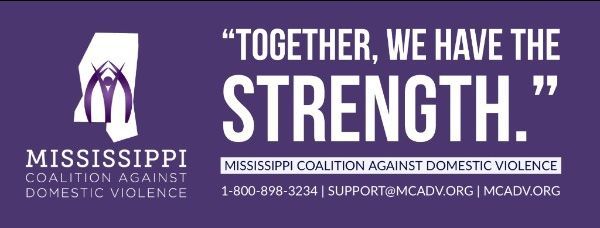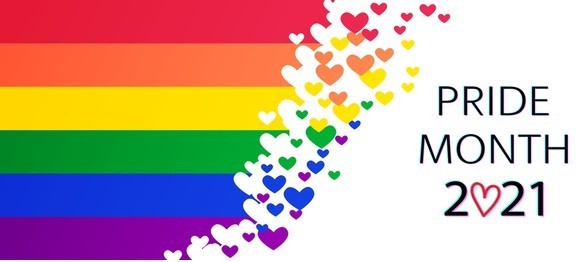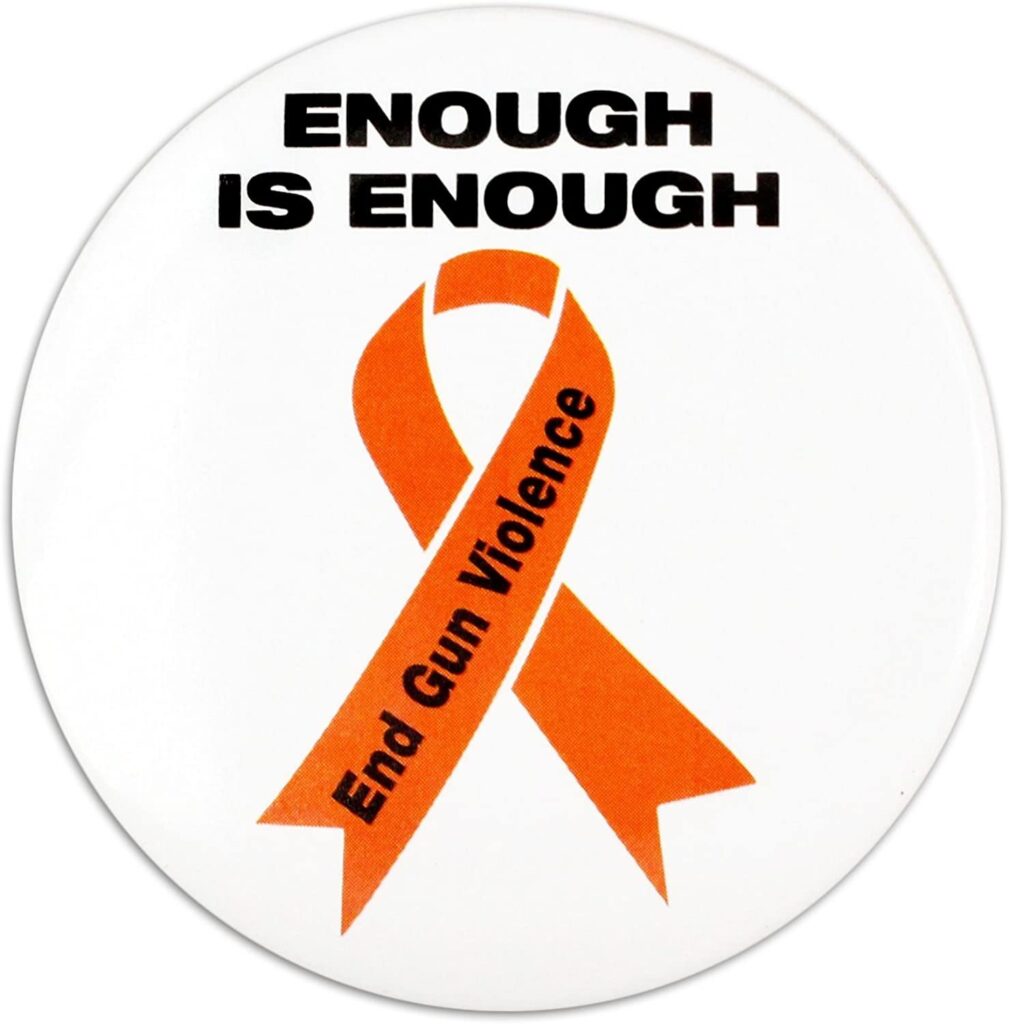

Hope and Courage
A personal narrative shared in observation of Pride Month
June is special, even though we don’t remember the exact date. You see, it just happened for one reason or another. Eighteen years ago I experienced two pivotal events that would alter the trajectory of my life.
I was in an abusive relationship. Although I had left 3 or 4 times, I always went back. I was only hit twice in three years (including a broken nose that still makes a weird nose if I move it today), but the financial, psychological and emotional control was unreal. I remember one day he lost a ton of money at a casino and told me that if I didn’t win a certain amount to pay his car note that he would leave. That’s the only time I ever won a decent amount playing blackjack, and I gave it all to him to keep him from abandoning me. He was a crook and took advantage of everyone he met, including his parents. But, in the public eye, he was professional and popular. I can still remember the fire in his eyes when he slapped me and punched me full force. That’s when he broke my nose. We were arguing in my car in a parking lot in Grenada. If we hadn’t been in public, I truly believe he could’ve killed me that day. The part that really stinks is he is now a regional manager of a huge medical supply company. That’s why I don’t do well with bullies and have become very vocal against them.
Thankfully in June, 18 years ago, I met Jasper Morgan. I thought he was the sweetest, funniest, most caring person, and I still feel that way. The first day Jasper and I talked, I called the former and told him I was done. He tried his narcissistic tactics with me, and even tried to convince Jasper that I was the liar and manipulator, which I’ve now learned through my job is classic abuser control.
So, now you know why June is an important time for me. God and Mom tried their best to get me away from the ex. Dad would have, too, if I had told him. I also knew that Dad would’ve gone to jail over it, though. Jasper gave me enough hope and courage to leave for good! It’s all a blur, so we don’t remember the exact dates. All that matters is that it happened. I still have anxiety and worry about a lot of things. That’s something that an abused person may never get over. But, Jasper is patient and understanding. We told each other “I love you” the day after we met. I can’t believe we’ve been navigating this world for 18 years together. We’ve had our ups and downs. Imperfect people don’t have perfect marriages, but we’ve had a lot of great times. I’m grateful to him and for him.
It’s Pride Month and the perfect time to celebrate June bringing Jasper into my life. I pray for many more Junes together. I also pray that if you are in an abusive relationship, you’ll find a way to get out while you can.
–Randall, Shelter Outreach Coordinator

Gun Violence and Domestic Violence
Intimate partner violence and gun violence have been uniquely linked, impacting millions of women, families, and communities across the country. Studies have shown that abusers with firearms are five times more likely to kill their victims, and guns further exacerbate the power and control dynamic used by abusers to inflict emotional abuse and exert coercive control over their victims. Every month, an average of 57 women are shot and killed by an intimate partner. Nearly 1 million women alive today have reported being shot or shot at by intimate partners, and 4.5 million women have reported being threatened with a gun by an intimate partner. In more than half of mass shootings over the past decade, the perpetrator shot a current or former intimate partner or family member as part of the rampage.*
Firearms contribute significantly to domestic violence in the U.S. During the pandemic, there was a reported increase in incidents of domestic violence throughout the country due to stay-at-home orders, which provide fewer options for individuals housed with their abusers, in addition to increased barriers to accessing resources. Over half of all intimate partner homicides are committed with guns. Even when a gun is not discharged, abusers often use the presence of a firearm to coerce, threaten, and terrorize their victims, inflicting psychological damage. A woman is five times more likely to be murdered when her abuser has access to a gun. To reduce the number of domestic violence homicides, we must ensure that people who abuse their intimate partners or family do not have access to firearms.**
According to the CDC’s National Intimate Partner and Sexual Violence Survey, bisexual women are nearly twice as likely to report experiencing intimate partner violence in their lifetime than heterosexual women. Studies also show that bisexual women are over 2.5 times more likely to report having experienced intimate partner sexual violence in their lifetime compared to heterosexual women. Data on intimate partner violence among transgender people is limited, but studies suggest that rates of intimate partner violence among transgender Americans may be similar (or higher) than rates of intimate partner violence among sexual minority men, sexual minority women, and cisgender people.**
For more information and personal accounts of domestic violence and firearms, visit The Educational Fund to Stop Gun Violence.
**The Educational Fund to Stop Gun Violence
Additional Resources
Center for American Progress – Frequently Asked Questions About Domestic Violence and Firearms
The American gun crisis? It’s largely a domestic violence crisis?

Connect with MCADV to stay up to date on Coalition News! Join our Instagram and Facebook pages to get the latest information on policy updates, community involvement. Stay informed by joining our Twitter page as we engage with national domestic violence organizations and other community partners throughout Mississippi. Click the links below to join our social media community!
A Deep Dive: The Importance of Coordinated Community Response Teams
Currently in the United States, one in three women have experienced physical violence, and one in five women have experienced severe physical violence, by an intimate partner in their lifetime. One in five women and one in 71 men have been raped at some time in their lives. When victims report sexual or domestic violence, the system that they enter is often confusing and potentially traumatizing. When the process is not streamlined and coordinated among the various responding agencies, it is often experienced by victims as a series of disconnected processes that feel disjointed and overwhelming. The collaborative processes established by Coordinated Community Response Teams (CCRTs) not only can help victims heal, but also can lead to better criminal justice and community response outcomes.
A Coordinated Community Response Team is a multidisciplinary team of people who partner to provide interagency, coordinated responses to domestic violence and/or sexual assault to meet the needs of victims/survivors, and to effectively hold offenders accountable. CCRTs often mainly focus on coordinating responses through the criminal justice system; however, some teams choose to concentrate on other services including the immediate needs of victims, prevention, and/or long-term assistance for survivors.
Victims choose not to participate in investigations and court proceedings for a number of reasons, including fear, harassment by the offender, and lack of support. Another reason victims may discontinue participation is lack of trust in the criminal justice system and confusion or frustration attempting to navigate the process. It is important that community service providers approach the response to domestic and/or sexual violence as one coherent process and take collective responsibility for a victim’s experience during every stage, not just during “one piece” of the process.
Although many CCRTs begin their coordination efforts with the criminal process, this system represents only one piece of the larger community and is a support that many victims do not choose to engage. Because of this, an effective CCRT will include members from schools, mental health and other healthcare agencies, neighborhood centers, faith communities, county extension agencies, culturally-specific organizations, and many other groups. CCRTs must go beyond the legal system to truly create a wide network of support for victims, which is especially important for communities of color, people with disabilities, older adults, and other survivors from marginalized communities.
Join MCADV for Coordinated Community Response Awareness Week June 21-25, 2021.
Shelter Spotlight
Guardian Shelter: Guardian Victim Services (Natchez)
The Guardian Shelter, located in Natchez. MS, serves victims of domestic violence. Their goal is to break the cycle of domestic violence and sexual assault by supporting a victim’s full recovery. The Guardian Shelter serves 11 counties. Those counties include Adams, Claiborne, Copiah, Franklin, Jefferson, Lawrence, Lincoln, Pike, Wilkerson, Walthall, and Concordia Parish. Services offered to victims are shelter stay, individual counseling, group support, case management, treatment planning, court advocacy, referrals, rapid re-housing, and children’s intervention.
One stand out achievement that the Guardian Shelter has accomplished in the past year is successfully assisting victims with finding employment. After a client is housed in the shelter, the staff assists the client with filling out employment applications, purchasing uniforms, and securing transportation to and from work. Due to COVID- 19, the employment rate in rural areas decreased. However, The Guardian Shelter has built relationships with local business to ensure that clients can find employment.
Another outstanding achievement The Guardian Shelter had been able to accomplish is effectively finding housing for victims of domestic violence. Once a client is housed, the Guardian Shelter staff offers assistance through their rapid re-housing program. This program assist clients by finding affordable housing and assists with the first month deposit, monthly rent, and supplies. This program provides assurance that victims are on the path of success.
Staff Highlight
The Guardian Shelter has a great staff that works as a team to assist victims of domestic violence. Whitney Irving, The Guardian Shelter’s Case Manager and Training and Prevention Coordinator, has been employed with the agency for 5 ½ years. Whitney is currently working on her Master Degree of Social Work at Jackson State University. She is a wife and mother of 3 children in which 2 are twin boys, born on March 23, 2021. Whitney works side by side with victims to support them and to start them on the path of success.
Website and Social Media Links
Facebook: @catholiccharitiesjackson.org
Instagram: @ccjacksonms
